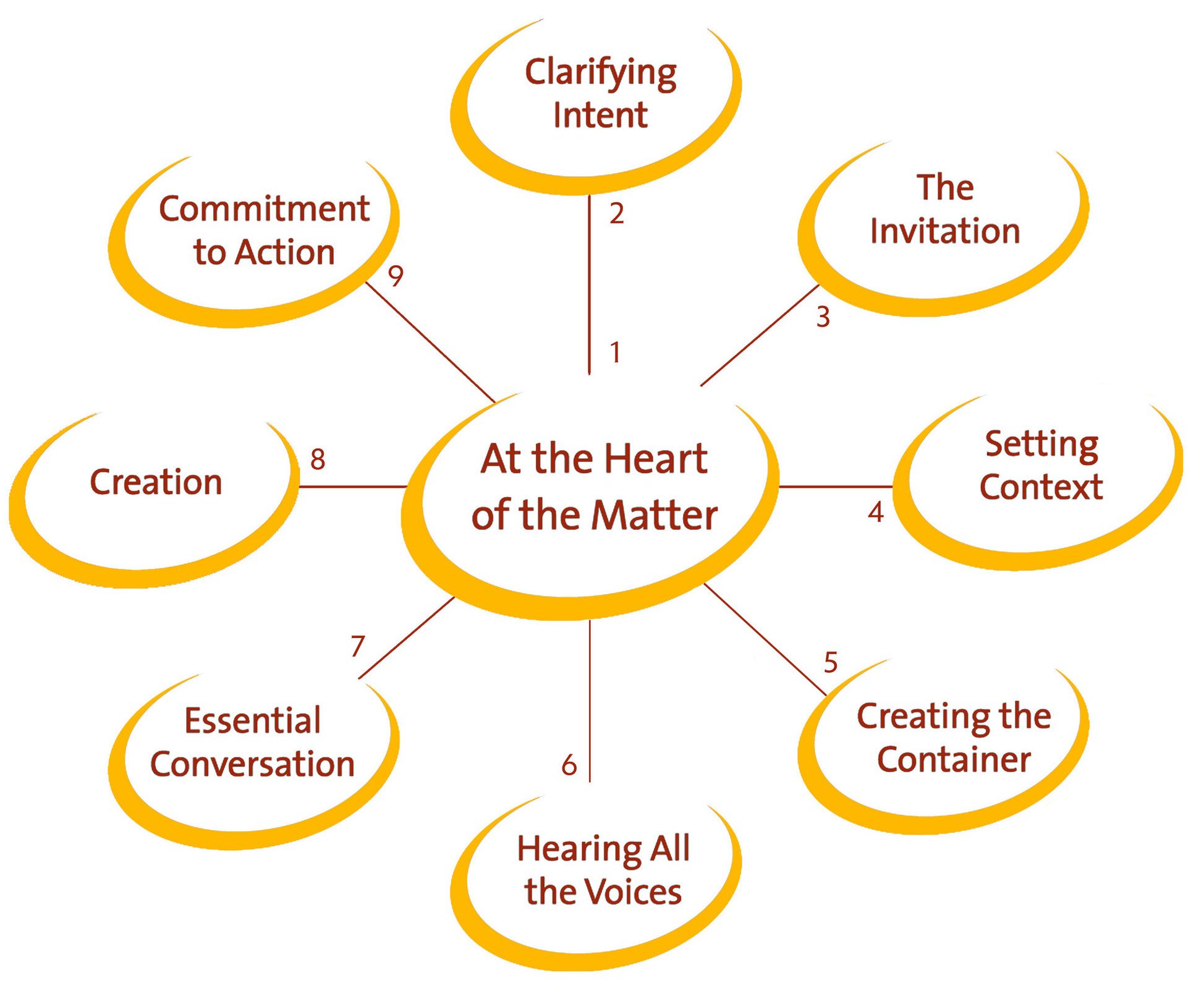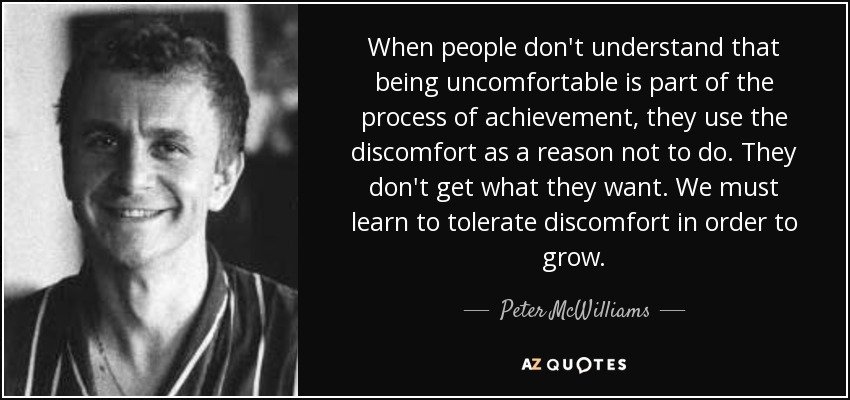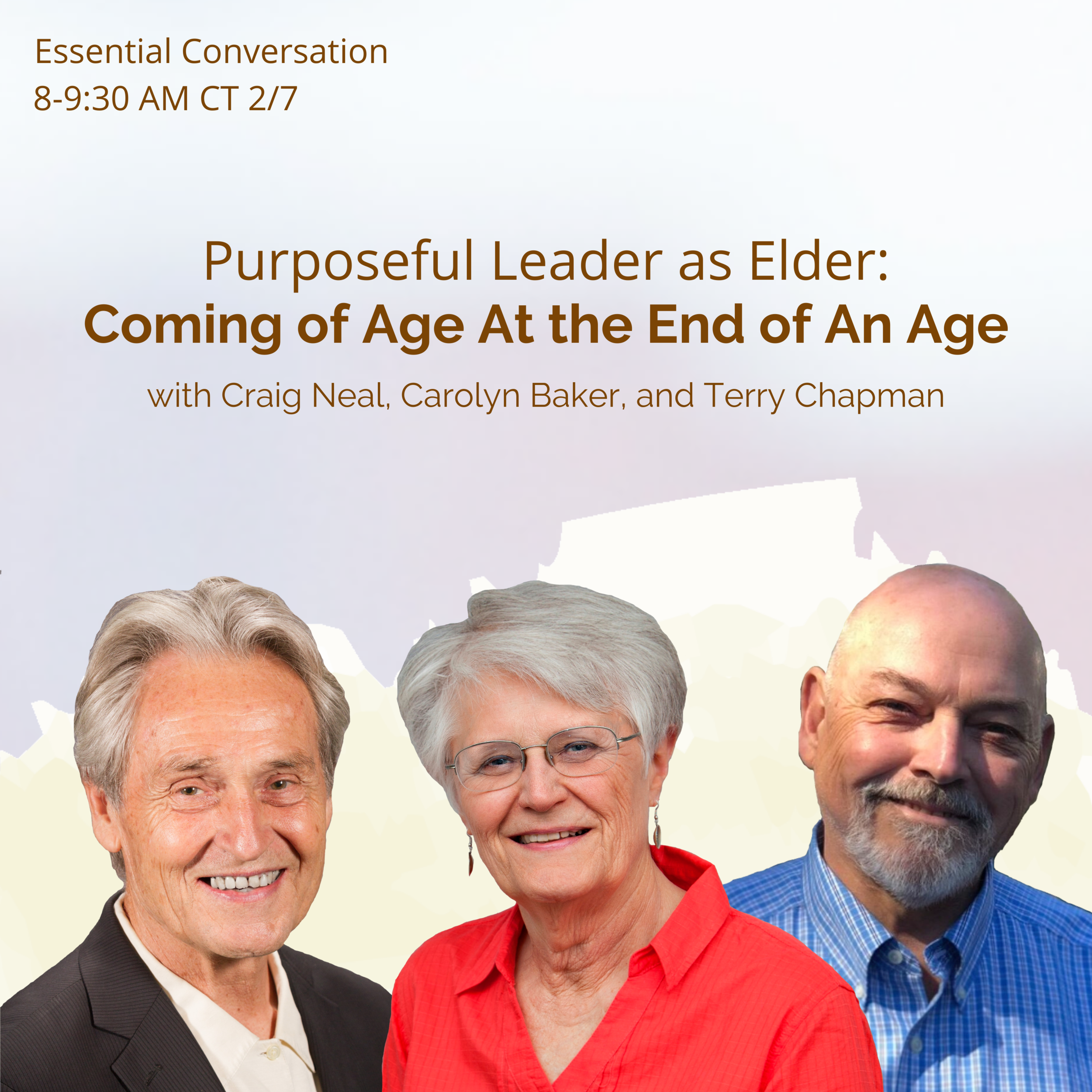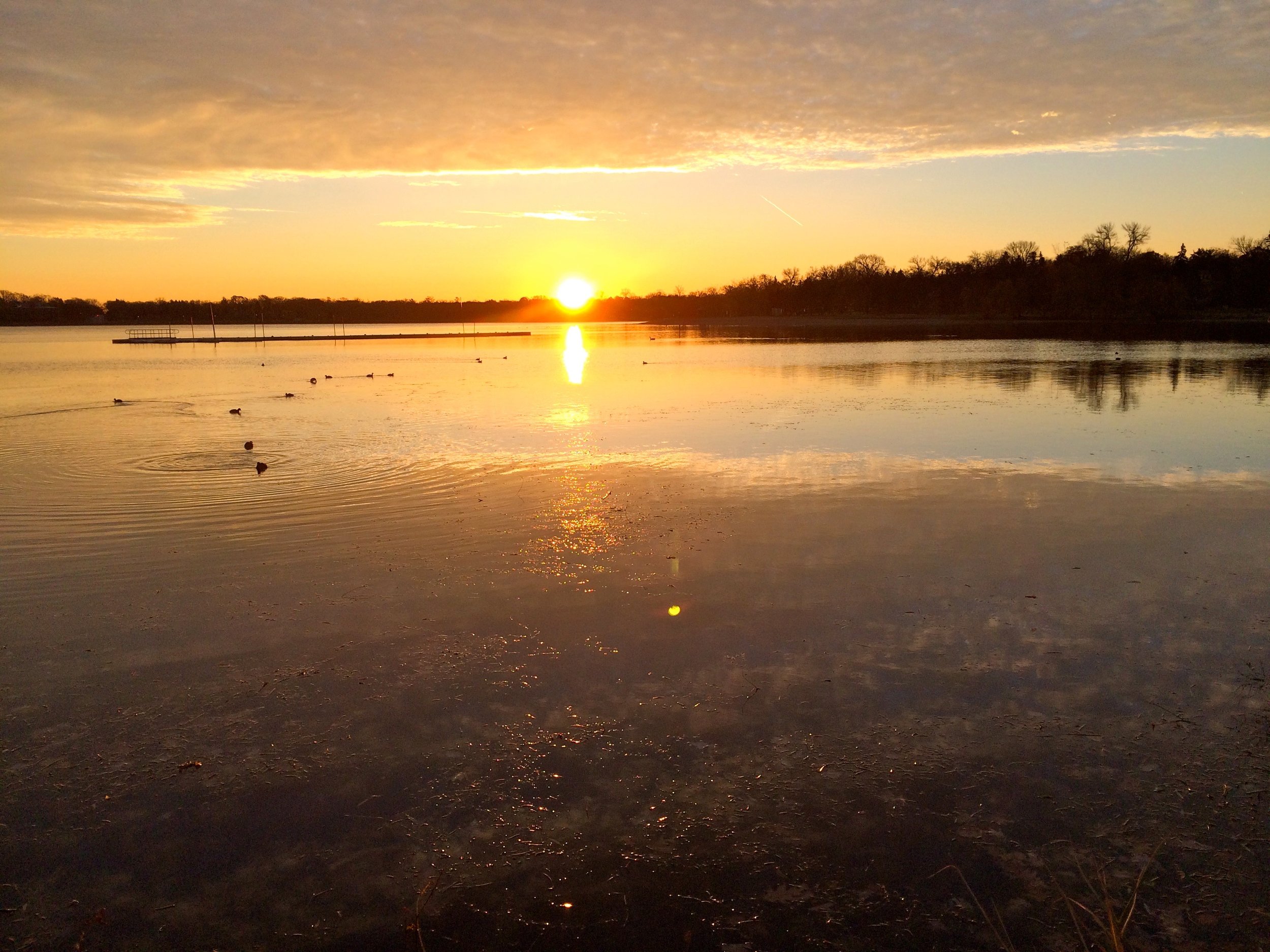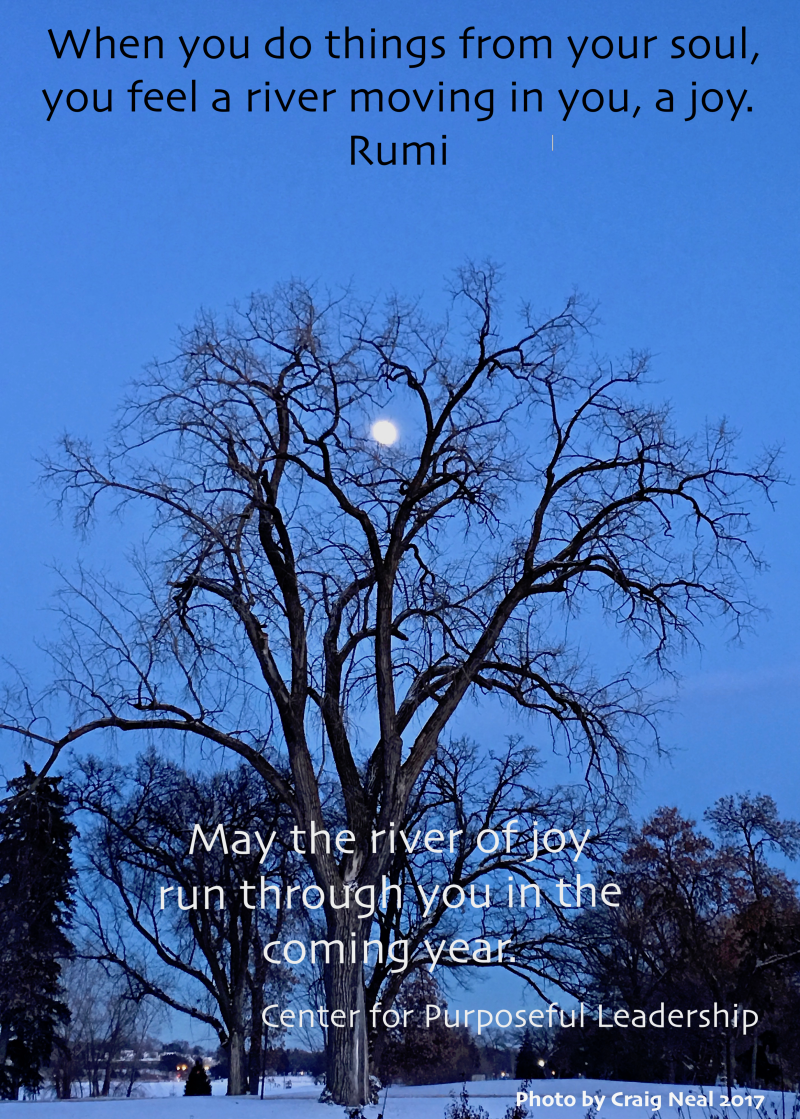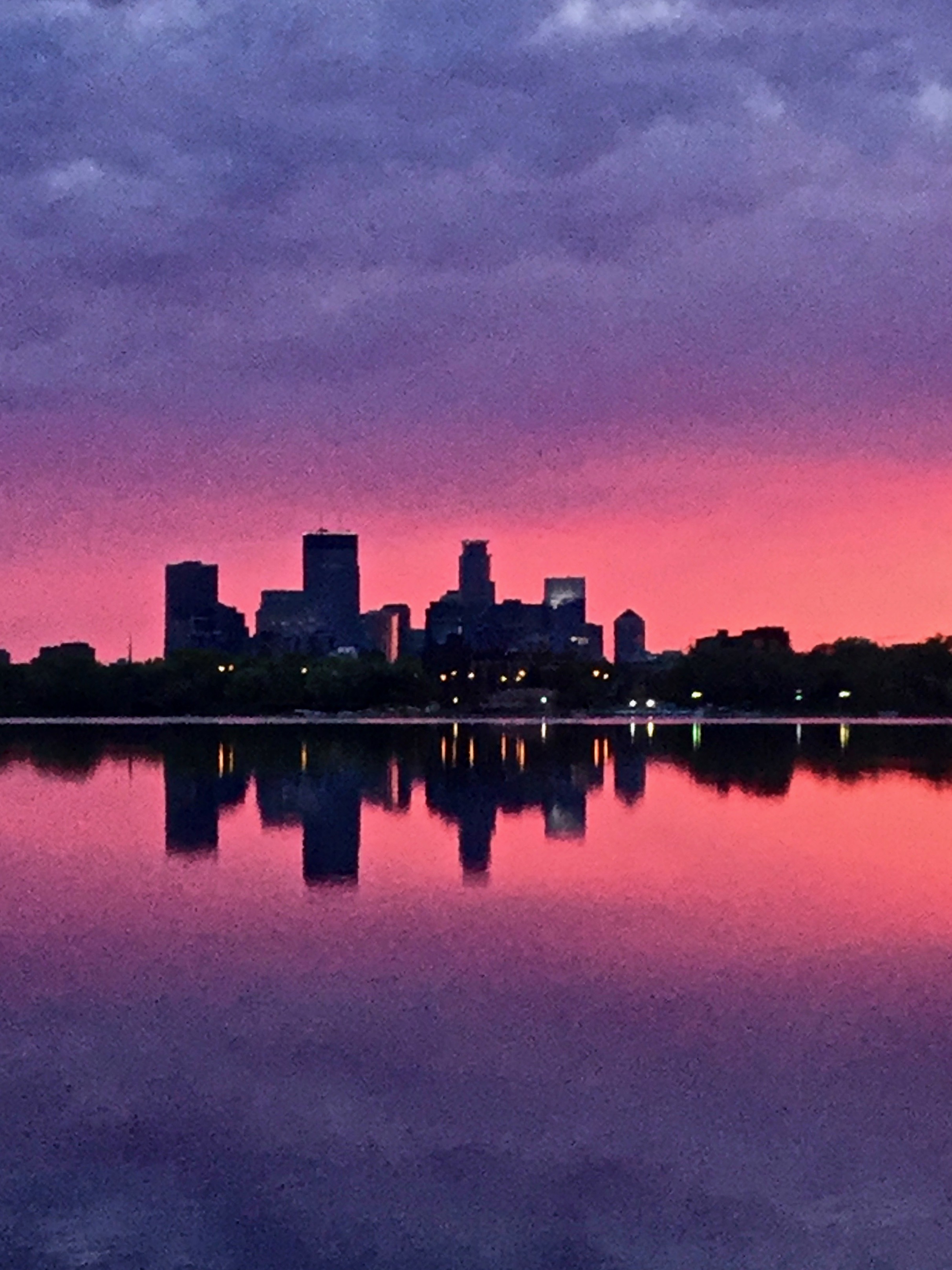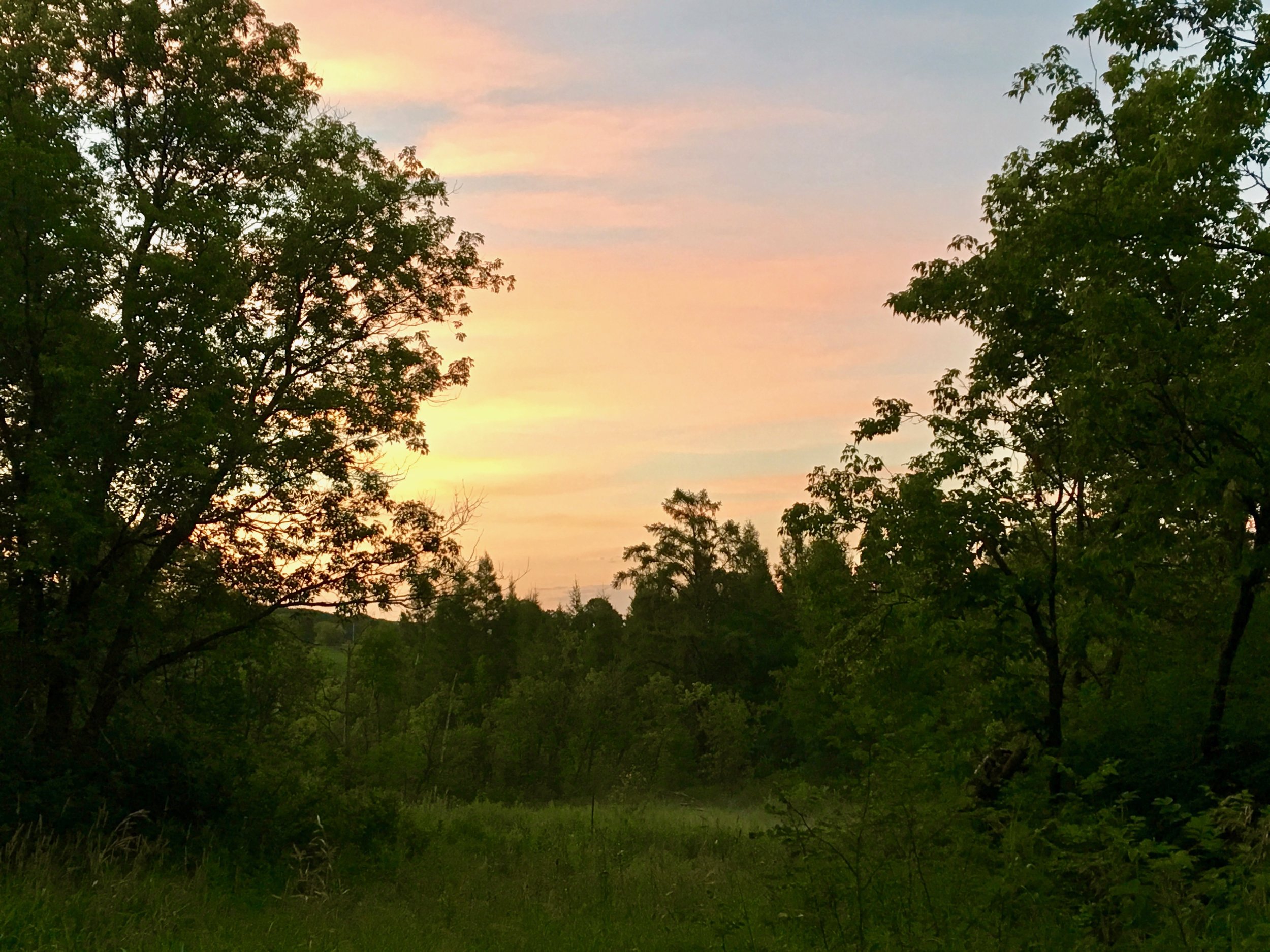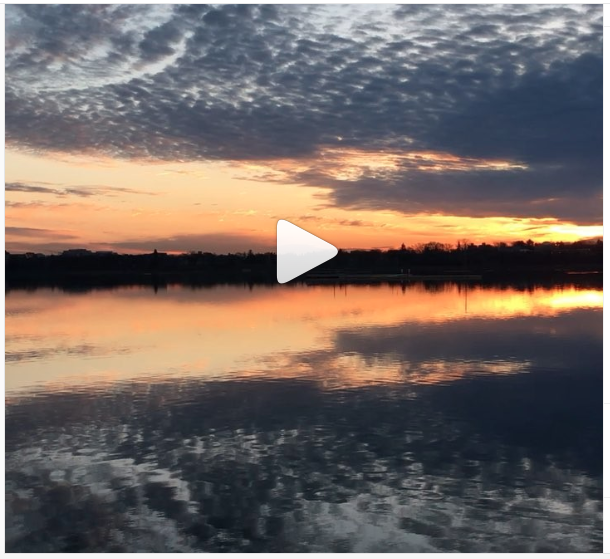A Fire Inside: Thoughts on the Credit Crisis and the Creativity of Winter
/Photo credit: Craig neal
A Fire Inside: Thoughts on the Credit Crisis and the Creativity of Winter
Outside my window the wintry English fields spread, as they have for centuries to the dark, smoke blue line of woods that limit the horizon of the valley. A bright fire burns in the grate to my left, while outside I can hear the call of a barn owl cutting the still, even air. All is exactly has it has been for many a hundred year in these Cotswold hills where I happily find myself this winter's day. Everything from horizon to horizon is eternal and quiet and seemingly unchangeable - except, that is, for one tiny but extraordinary portal I can open on this laptop to a parallel world of web-borne news, a world supposedly more real than the quiet one I inhabit this cold but beautiful evening.
With a few clicks, I can enter an astonishing world of worry, anxiety and for many individuals, and indeed whole societies, material hardship, brought on by the cessation of credit. Out of the hermetic silence of a quiet winter day I can take a few short steps and almost touch the sense of panic and the extraordinary breakdown in trust that has stopped the flow of currency from one person to another, one bank to another, one society to another. It is as if the cold hands of this financial season have touched every last monetary stream and rivulet, and frozen them over. It is winter here in the countryside with all its well-loved beauties, but out in the world of money, it is winter with another form of terrible beauty, the winter of disappearance, immobility, and the worry fret and anxiety that comes from seeming to have very little shelter from its effects. It is always a trauma for the human psyche when those elements it has over-invested itself in at the periphery of life are withdrawn, and the spring-like world of growth and opportunity seems to close down, as if the old currencies have become worthless while we as yet do not know how to value or harvest the following season. But this form of trauma has also been seen by many of our great religious, contemplative and artistic traditions as an invitation back to another kind of valuation, a return to a more internal focus, an opportunity to revive an old friendship with the place from which all the peripheries are recognized, priced and named. This internal, alchemical, almost catalytic core of identity-making and decision-making has long been associated with the soul of an individual; the part of us attempting to belong to the world in the biggest way it can; the part that witnesses our outer actions, stirs our conscience and quite often seems to be at odds with those other parts of us trying to game the system at the periphery. It is interesting to think that what may be a financial trauma for the surface personality may be a break for freedom for a more serious, central core of the psyche, the part that understands its own mortality and secretly knows that it will eventually all come to a place where we have to give up on all the peripherals anyway, at that unknown, appointed crossroads when our particular individual life as we know it, comes to an end. In times of difficulty, it is tempting to think that creativity, vision and new possibilities must be put aside simply in order to survive. It is tempting, when the financial tide goes out, to act from a sense of impoverishment; it easy to feel abandoned when the source and sense of our riches are no longer in the summer air but hidden deep in a form of winter potentiality.
"The practice of radical simplification, however, might not mean living in a desire-less, enlightened state, but simply catching our desires as close to the center of our experience as possible."
It is always very hard to understand that the world has shifted to another axis of generosity; one not so readily recognized. When we feel bereft of one form of support we can easily forget that it is because we might be meant to put that particular form of comfort aside and look to a fiercer more internally grounded stage of our maturity, one that might emanate from a simpler but surer ground than the outer sky of mirrors and monetary instruments we might have constructed for ourselves in the so-called real world. It also might be surprising to think that there are just as many forms of courage and creativity associated with disappearance and doing without; just as many satisfying elements of aliveness associated with a winter as with spring. This central, core conversation to which we return in each succeeding winter is both nourishing and deeply disturbing, it seems heedless of any flimsy structures we may have erected, it seems fiery in that it burns familiar things away and yet provides another form of warmth emanating from a more nested, interior hearth. In my experience the first necessity of an individual in finding this fiery, core conversation is a radical form of simplification. To get to the core conversation we have to withdraw from the edges. Whatever expenses we have been making at the margins of our lives in terms of emotions, finances or time-based commitment must be brought back to the central conversation that makes the most sense. Radical simplification often entails a seemingly ruthless withdrawal from secondary involvements, it also involves simplifying wants and needs to grant us another form of freedom not necessarily involved with the freedom to buy anything we want at any time. Arguments for indiscriminate buying to revive the economy are circular and lock human beings into a never ending cycle of buying goods that are non essential, with everyone encouraged to live beyond their means, to the ultimate dismantling of the natural systems that supply those wants in the first place. The practice of radical simplification, however, might not mean living in a desire-less, enlightened state, but simply catching our desires as close to the centre of our experience as possible. Practically, we can catch a need for an expensive new sports car early on in the process by buying a second hand version of the same, we can catch it even earlier, nearer to the center, by renting one every now and again, without having to go to expense of maintaining it, we can catch it very close in indeed, by attempting to live out directly the very qualities that underlie the desire itself. Without the prop of the car, we might try to cultivate a certain air of freedom as if the wind was always in our hair. The withdrawal from the literal, over- concretized periphery where everything is counterfeiting for something closer in, almost always leaves us dealing in another more imaginative currency at the center. Now that our focus is shifting away from the peripheral bubble of promised riches, we are just beginning to be reminded again of the depths of poverty, both in the developing world and the United States where the social safety net for those in difficulty has been worn almost to nothing. But it is exactly this re evaluation of the periphery and the renewed emphasis on what is essential that will bring spending back from mere baubles to infrastructure and education, back from foreign adventurism to a coherent approach to the sources of terror; in the United States especially there must be an attempt at a better health care system, a more cohesive, less poisonous political conversation and a renewed relationship with a world in desperate need for it to return to its foundational ideals. This new faculty of valuation can be quite disturbing to the way we might have priced and measured out our life in the recent, unbalanced, heady times. The road of radical simplification almost always leads to the door of the great and unwanted unknown. The door to begin with seems to open on to nothing we at first can recognize. To enter through that door we have to cultivate what Suzuki Roshi called beginner's mind, where we stop having to know and name everything in advance and allow ourselves the satisfactions of discovery and revelation. In doing this we actually start to re mould our identity in the form of the learner and listener. Learning, listening and radically simplifying as we go we might have a possibility of opening up that catalytic core where very few elements need combine to create a great deal of new energy. A decision made from this core has enormous leverage on the outer world where we see, hear, work and have relationships. This internal center appears when the outer peripheries have bankrupted themselves, fallen and become a loam that we must plough back to enrich the ground. In the depths of winter under the cold night of wind and stars and shut off from the garden, we look for those hidden and invisible springs that will uncoil, in the still summer air, each new, yet to be imagined rose. David Whyte
===================
DAVID WHYTE Poet, Author, Lecturer
Poet David Whyte grew up with a strong, imaginative influence from his Irish mother among the hills and valleys of his father’s Yorkshire. He now makes his home, with his family, in the Pacific Northwest of the United States. The author of six books of poetry, and two best selling prose books, he holds a degree in Marine Zoology and has traveled extensively, including living and working as a naturalist guide in the Galapagos Islands and leading anthropological and natural history expeditions in the Andes the Amazon and the Himalaya. He brings this wealth of experience to his poetry, lectures and workshops.
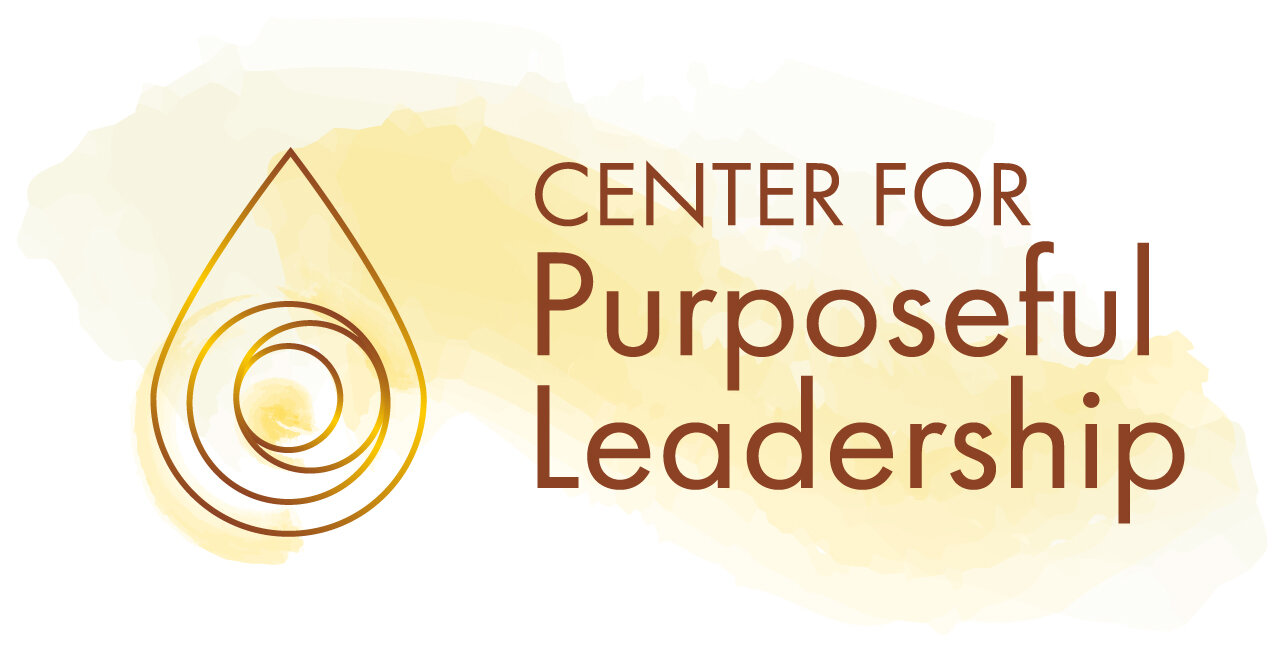
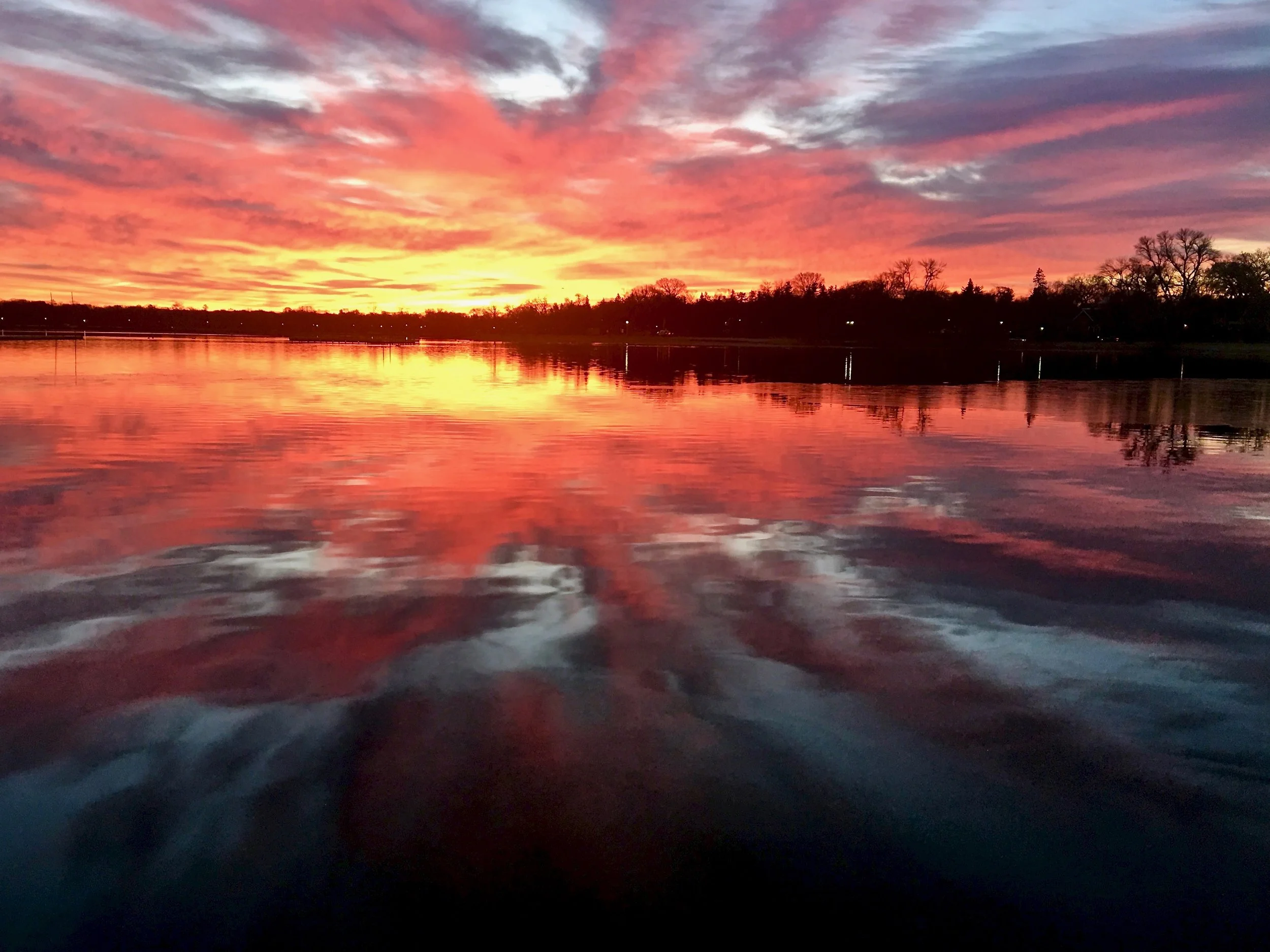













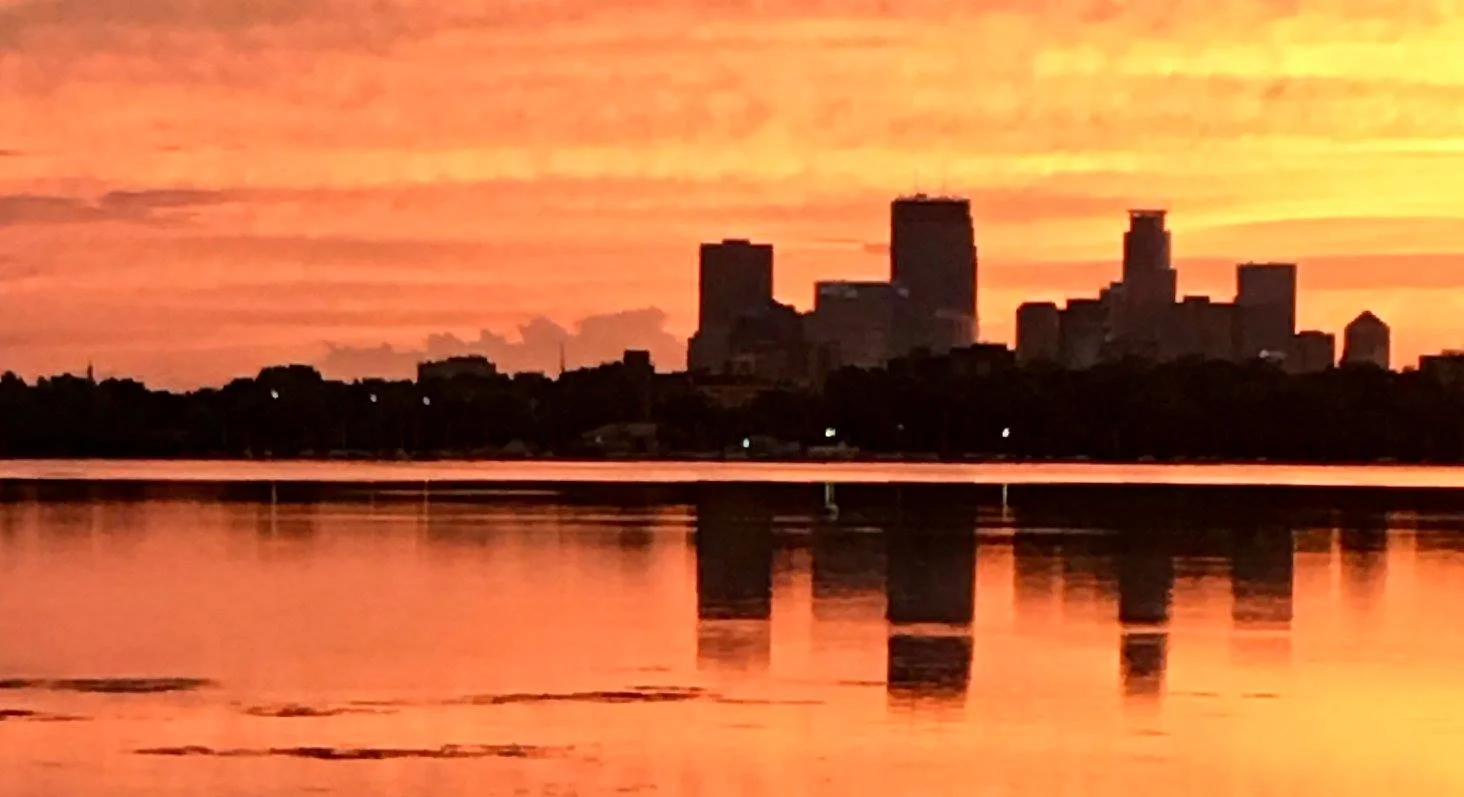





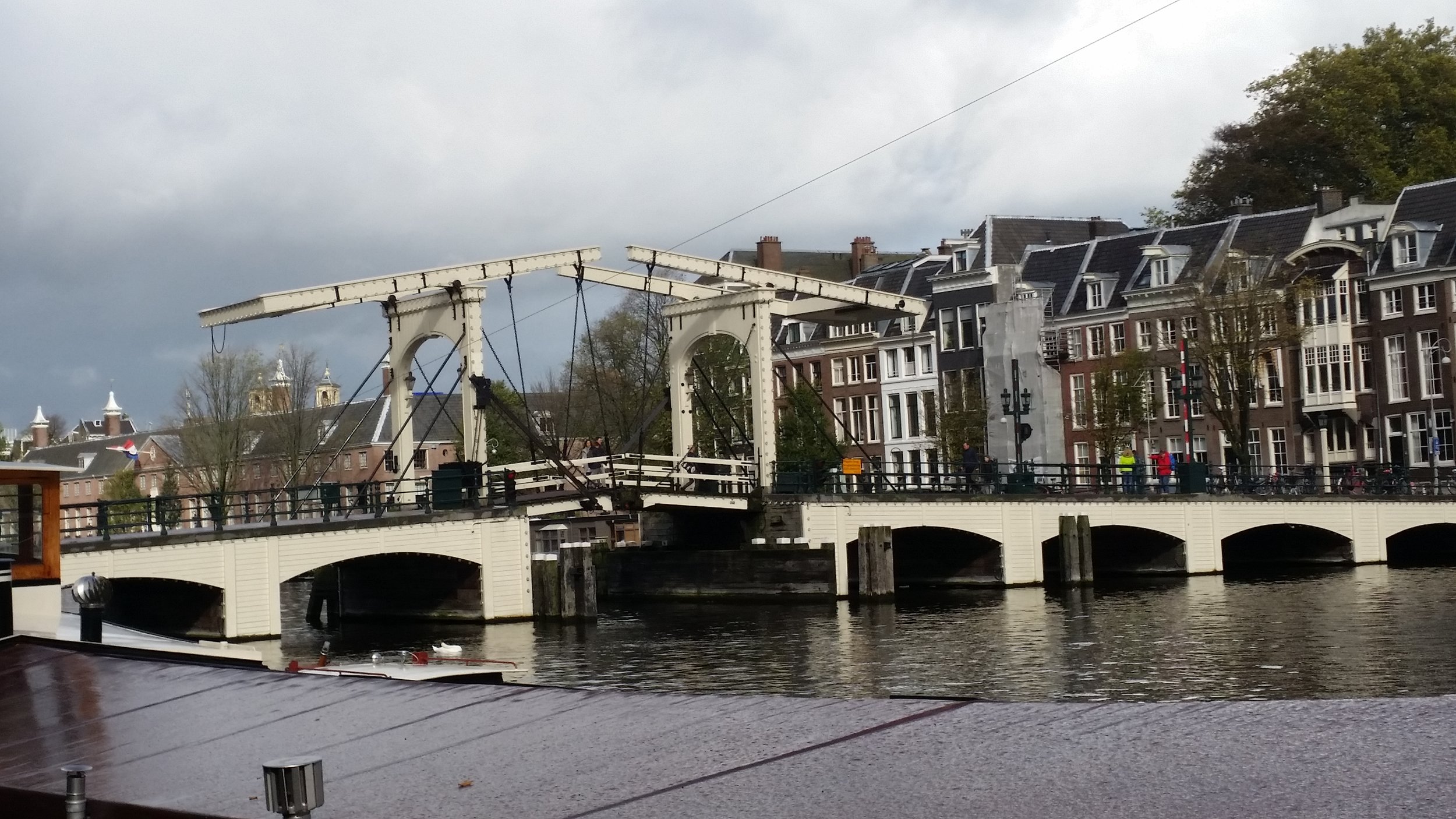








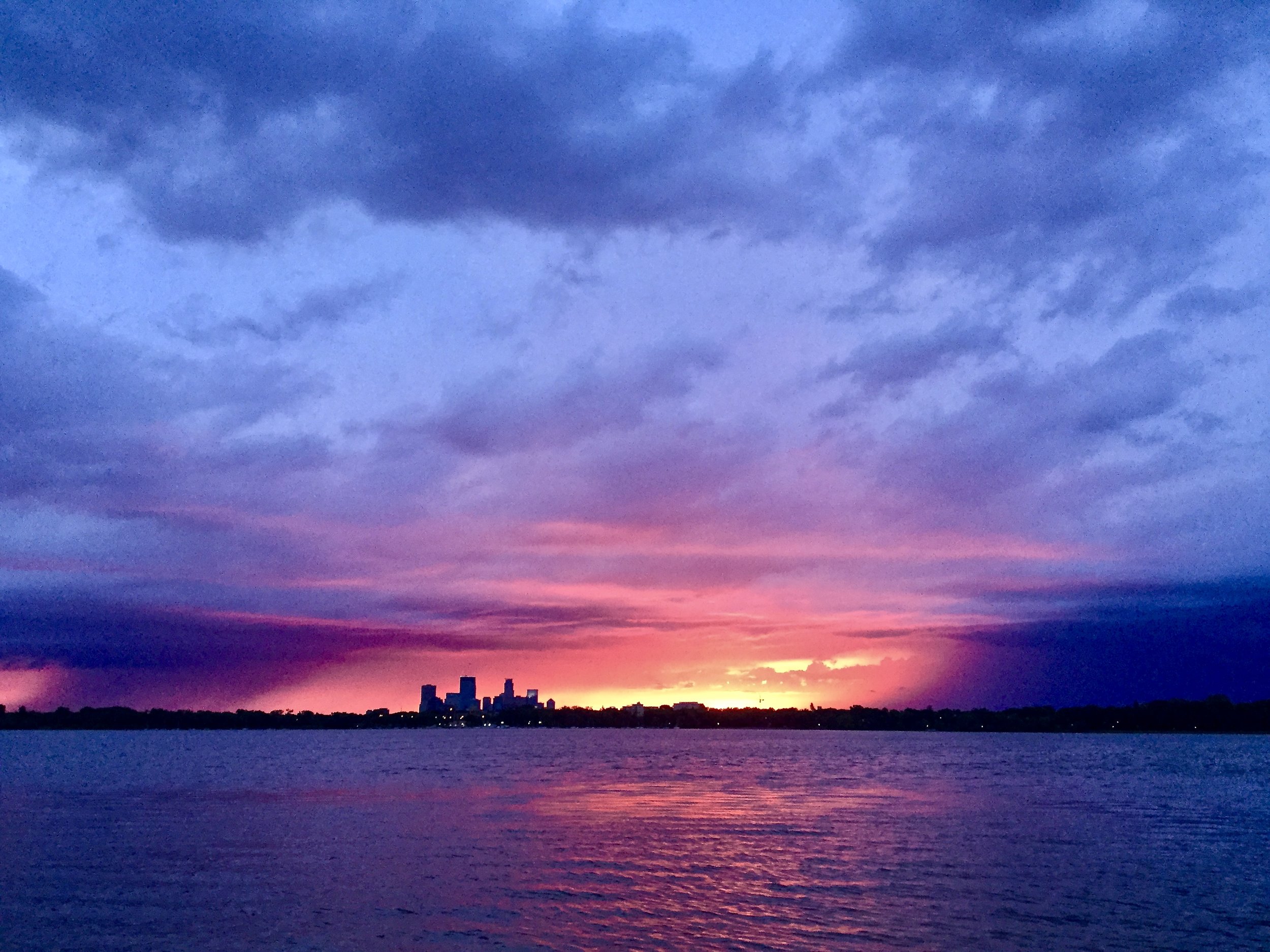
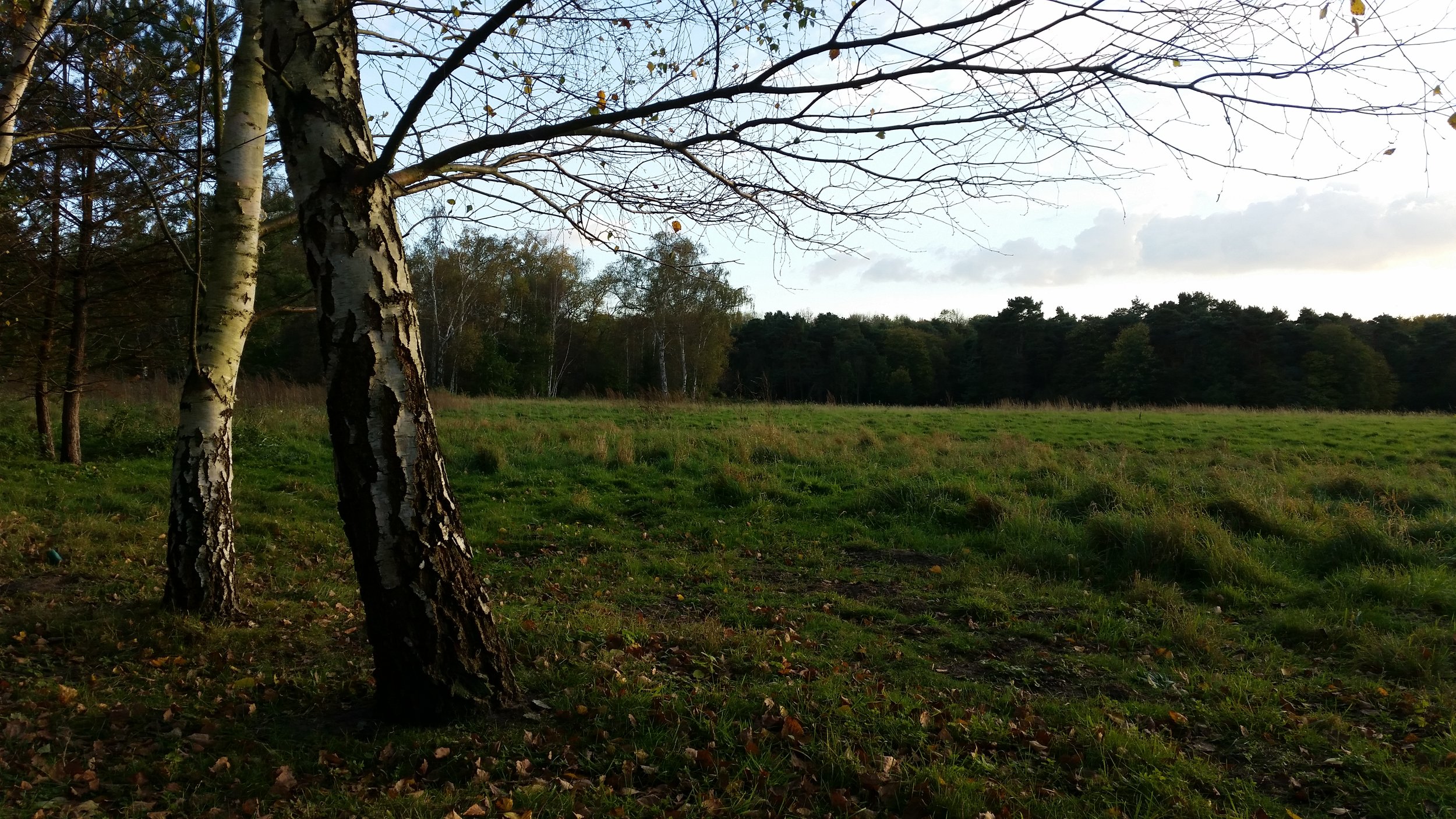
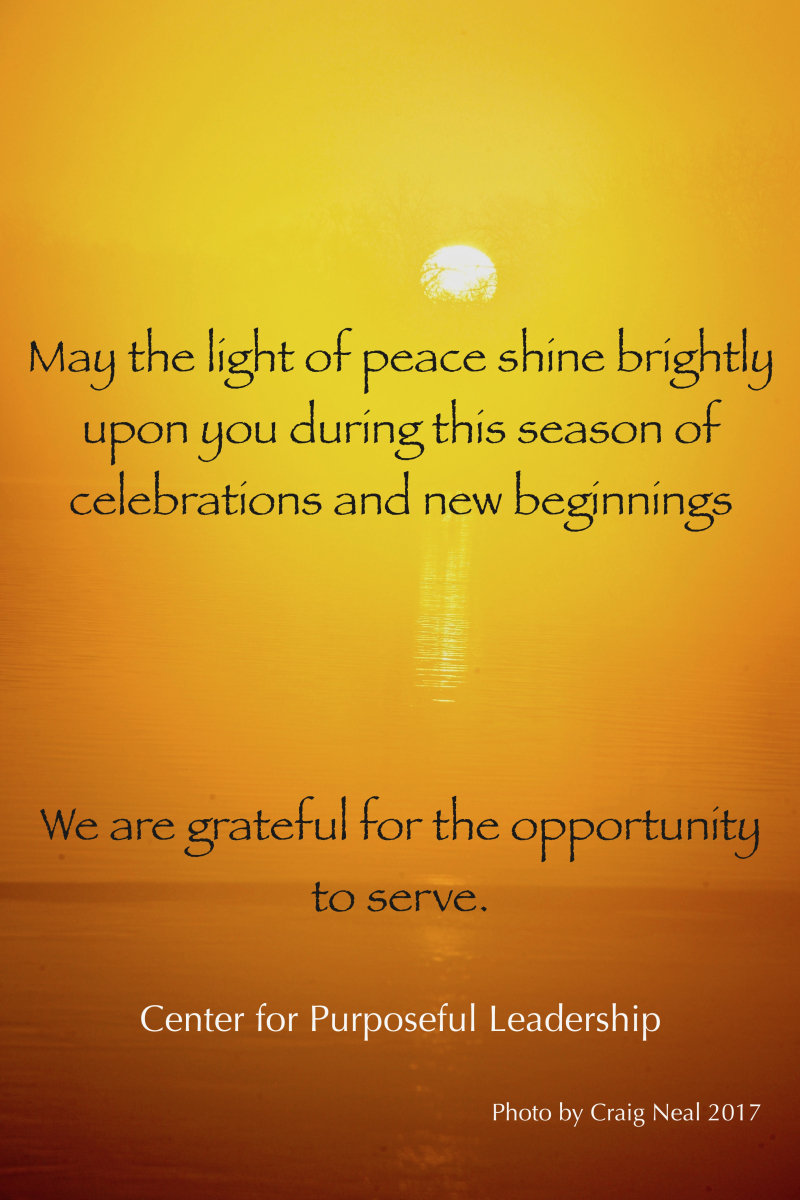






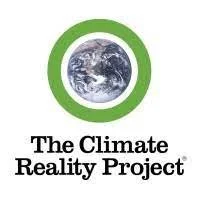







![[Hearth] Voices from Ukraine: Part 2](https://images.squarespace-cdn.com/content/v1/58a4e3be9de4bb98b066fd6f/1647955546471-VUGA4FCGFEUYJ29TEQVA/sunforest-mix-sunflower-types-1586794598.jpeg)

